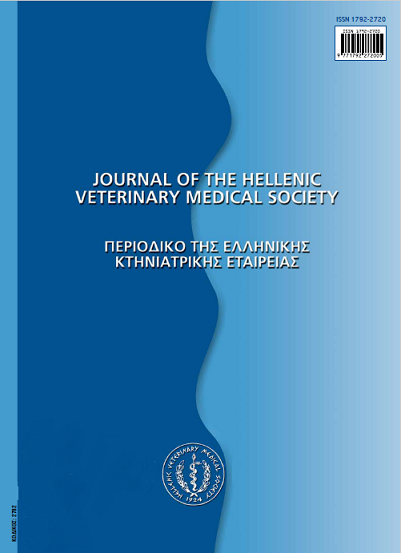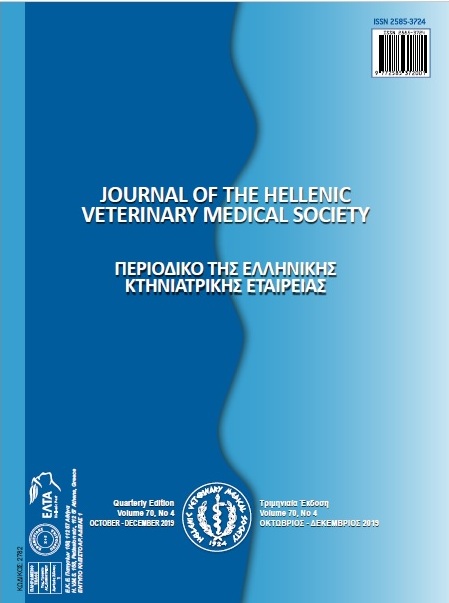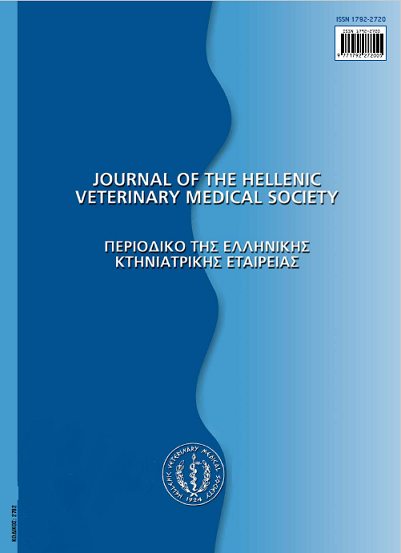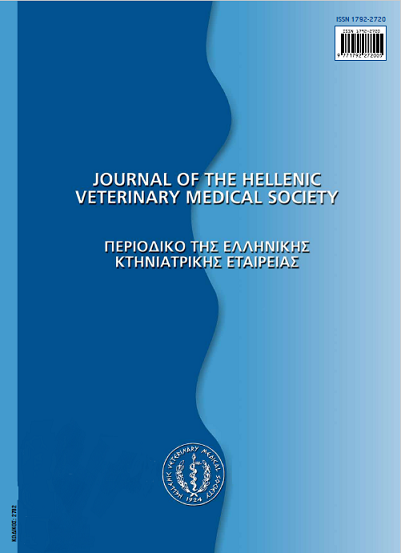Milk quality characteristics of indigenous sheep breeds Boutsko, Frisarta and Karagouniko

Abstract
In this study, the chemical and microbiological characteristics of ovine milk from three indigenous Greek breeds, Boutsko, Frisarta and Karagouniko were examined, while reared in the semi mountainous areas. The milk yield of each sheep breed was recorded at the early, mid and late stages of lactation for two consecutive years. The average composition of the samples of ewe’s milk used in this study was similar for protein, lactose and total solids among the three; however fat values were significantly lower (p<0.05) in Frisarta milk compared to Boutsko and Karagouniko. Total viable cells of Boutsko and Karagouniko raw milk were lower (p<0.05) than those of Frisarta. Enterobacteria detected in bulk raw milk from Boutsko and Frizarta breeds were in lower numbers (p<0.05) compared to milk from Karagouniko breed. Somatic cells were also counted in lower numbers in milk collected from Boutsko and Karagouniko breeds compared to Frisarta. The percentage of detected as potentially pathogenic bacteria (coagulase negative staphylococci and enterobacteriae) was higher in the milk from Frisarta sheep milk.
Article Details
- How to Cite
-
SKOUFOS, I., GIANNENAS, I., KARAMOUTSIOS, A., TSINAS, A., PAPADOPOULOS, G. K., & TZORA, A. (2018). Milk quality characteristics of indigenous sheep breeds Boutsko, Frisarta and Karagouniko. Journal of the Hellenic Veterinary Medical Society, 68(1), 59–66. https://doi.org/10.12681/jhvms.15564
- Issue
- Vol. 68 No. 1 (2017)
- Section
- Research Articles

This work is licensed under a Creative Commons Attribution-NonCommercial 4.0 International License.
Authors who publish with this journal agree to the following terms:
· Authors retain copyright and grant the journal right of first publication with the work simultaneously licensed under a Creative Commons Attribution Non-Commercial License that allows others to share the work with an acknowledgement of the work's authorship and initial publication in this journal.
· Authors are able to enter into separate, additional contractual arrangements for the non-exclusive distribution of the journal's published version of the work (e.g. post it to an institutional repository or publish it in a book), with an acknowledgement of its initial publication in this journal.
· Authors are permitted and encouraged to post their work online (preferably in institutional repositories or on their website) prior to and during the submission process, as it can lead to productive exchanges, as well as earlier and greater citation of published work.





